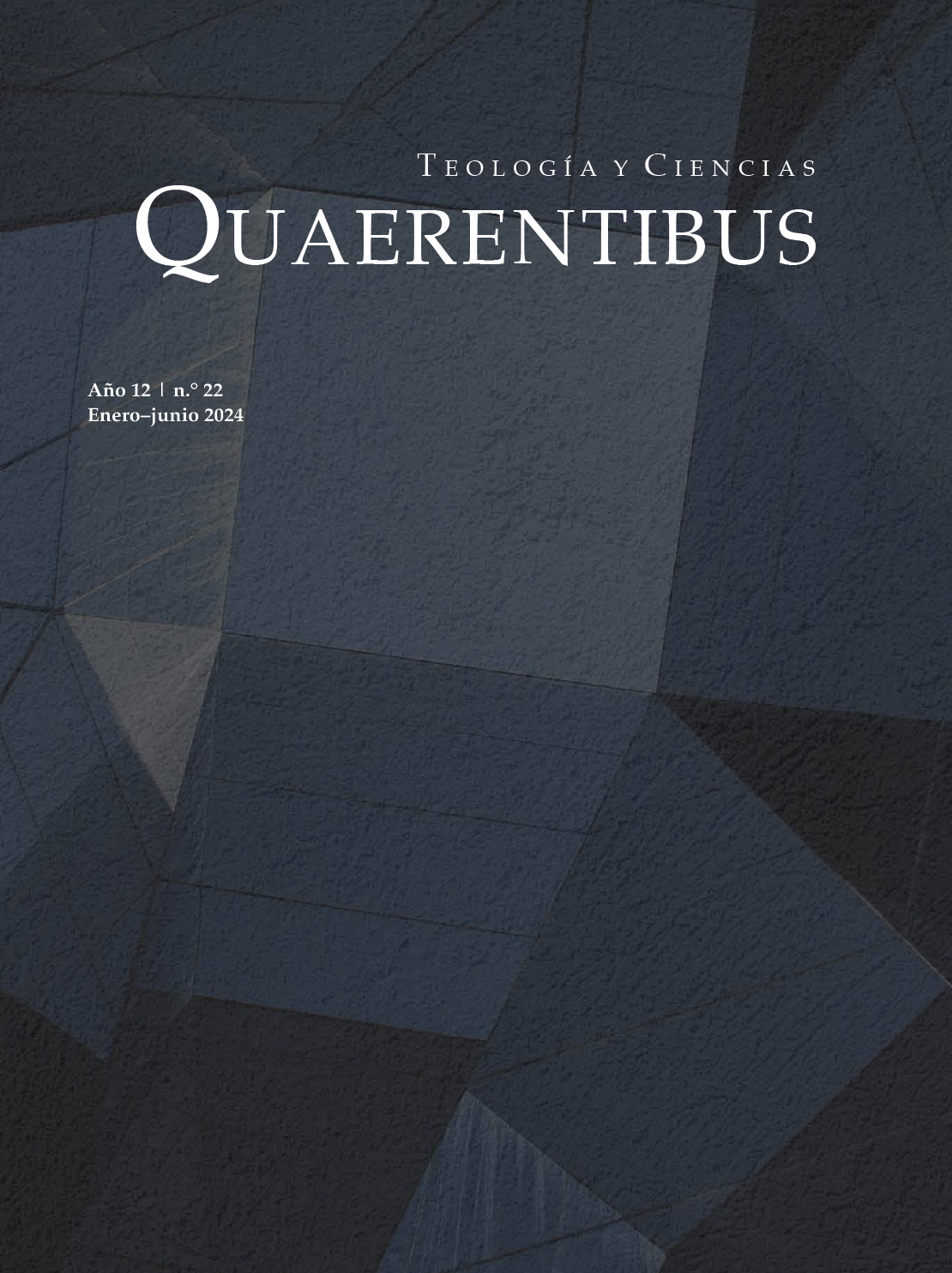El proyecto positivista de Bunge (Psicología trascendental) como ejemplo de la relación entre ciencia y religión en los inicios del positivismo en Argentina de inicios del s. XX
Un análisis basado en “lo incognoscible” de Carlos Bunge, presente en su obra Principios de Psicología Individual y Social
Abstract
The relationship between science and religion in Argentina has faced similar challenges to those in other parts of the world. This is a complex and extensive topic, and we will provide an example without oversimplifying or generalizing the rich and diverse nature of this field. This text refers to Carlos O. Bunge’s work ‘Principles of Individual and Social Psychology’, in which he reviews and criticizes the concept of the unknowable. Bunge’s vision is both new and interesting for its time, as he critiques both metaphysical realism and philosophical materialism for their attempts to explain the inexplicable. He avoids taking concordist positions or engaging in useless antagonisms. Several conclusions are drawn from this, which we will attempt to summarize and analyze in this essay. The author proposes their own project, which they call Transcendental Psychology.




